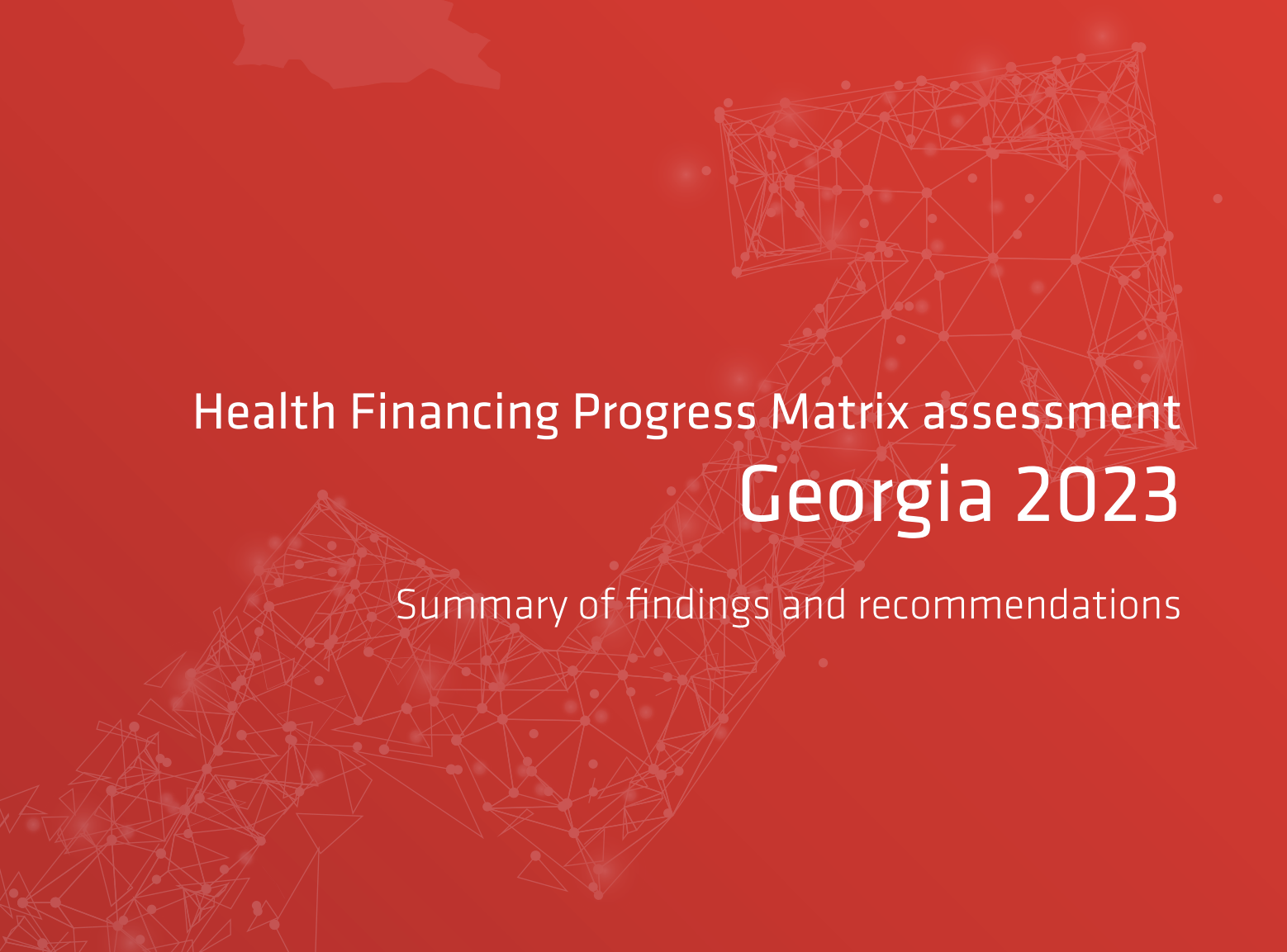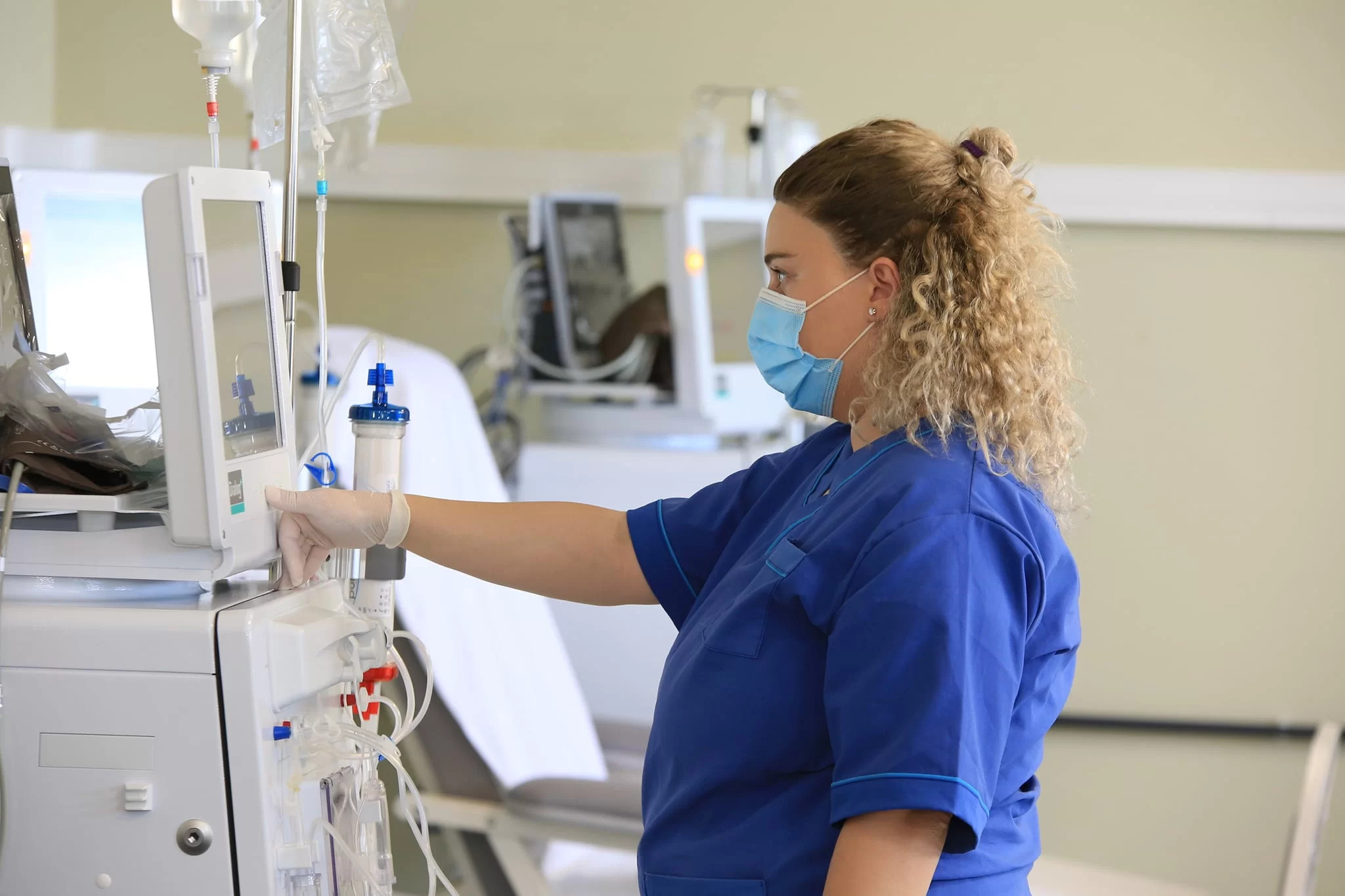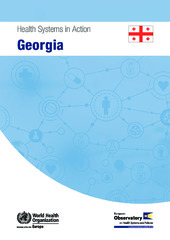Government of Georgia adopted Resolution No. 279 on October 31, 2013 in Tbilisi, Georgia, titled “On the approval of the 2013 State Health Care Programs”, which is the foundation for Georgia’s Universal Health Coverage Program.
The current and full version of the law can be found here at the Georgian Legislative Herald — the legal entity of public law operating within the jurisdiction of the Ministry of Justice of Georgia.
Below is the text of Chapter 1 (General Provisions) of the law on State Health Care Programs:
Article 1. Purpose of State Programs.
The goal of the 2013 State Health Care Programs (hereinafter referred to as the Programs) is to create financial guarantees for access to medical services for target groups of the population and ensure the fulfillment of the tasks facing public healthcare.
Article 2. Program Users.
- The beneficiaries of the state health care programs approved by this resolution are citizens of Georgia, unless otherwise provided for in a separate program.
- For the purposes of state health care programs, a citizen of Georgia means persons holding a document proving their citizenship of Georgia (including, in the case of children under 18 years of age, a personal identification number or birth certificate), a neutral identity card, a neutral travel document, stateless persons with status in Georgia, persons with refugee status in Georgia, and persons with humanitarian status.
Article 3. Institutions implementing programs
The implementation of the programs is ensured by:
a) Ministry of Labor, Health and Social Protection of Georgia (hereinafter referred to as the Ministry in the text and annexes);
b) LEPL – Social Service Agency (hereinafter referred to in the text and annexes as the Agency) subject to state control of the Ministry;
c) LEPL under the state control of the Ministry – L. Sakvarelidze National Center for Disease Control and Public Health (hereinafter referred to in the text and annexes as the Center).
Article 4. Program Provider
- Within the framework of the programs, the supplier of the relevant service/goods is a person (hereinafter referred to as the supplier) who meets the requirements specified by the legislation and this resolution for this activity and concludes an agreement with the program implementer or expresses a desire to participate within the framework of the program (component/subcomponent) that provides for the financing of goods/services through a medical voucher (hereinafter referred to as the voucher program) and who meets the requirements specified by the relevant legislation and this resolution, agrees to the terms of the voucher and confirms in writing to the implementer their desire to participate in the program within the established period and in accordance with the procedure, unless otherwise specified by the relevant program.
- In voucher programs, this Annex (hereinafter referred to as the Resolution), as well as the attached programs, other legal acts related to the terms of the medical voucher, and the written confirmation of the supplier regarding participation in the relevant program, collectively constitute an agreement between the program implementer and the supplier, and accordingly, the parties are exempt from the obligation to conclude any additional agreement (including in terms of reimbursement of the value of the voucher).
Article 5. Funding of Programs
Financing of goods/services provided for by the programs is carried out through a medical voucher or in accordance with the requirements of the Law of Georgia on Public Procurement, unless otherwise provided for by a separate program.
Article 6. Medical voucher
- In accordance with Article 19 of the Law of Georgia “On Healthcare”, a medical voucher is a financial instrument for payment of services for beneficiaries of the relevant program.
- A voucher can be materialized or non-materialized.
- In the case of a materialized voucher, the voucher form is developed and approved by the relevant program implementer, who also ensures the printing and issuance of materialized vouchers within the framework of program appropriations provided for the implementer’s office from the state budget.
- The beneficiary of a medical voucher is an individual (hereinafter referred to as the voucher beneficiary).
- The voucher user has the right to receive the goods/services provided for by the relevant medical voucher from any provider of the program, unless otherwise provided for by the program or a specific provider is indicated in the voucher/letter of consent.



